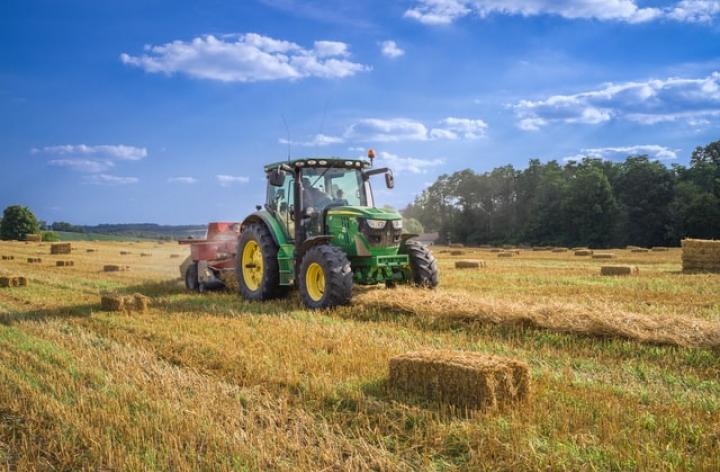On 6 December, the Tenant Farming Commissioner ("TFC"), Bob Mcintosh, published a guide to help avoid and address disputes between tenant farmers and landlords over the replacement and upkeep of fixed equipment.

This guide on fixed equipment adds to the many good practice guidelines and codes of conduct for landlords and tenants that the TFC has produced since coming into post in 2016. The TFC is responsible for promoting and encouraging good relations between landlords and tenants, publishing guidance, codes of practice, and has the power to investigate alleged breaches of the codes.
Fixed Equipment is one of the most important parts of an agricultural lease. The extent and the condition of the fixed equipment has a direct correlation to the overall productivity of a holding, but it is also one of the biggest source of disputes between landlord and tenant. There are strict responsibilities and liabilities attached to fixed equipment in terms of the Agricultural Holdings (Scotland) Acts and the Land Reform (Scotland) Act which cover provision of fixed equipment and thereafter the repair and renewal of the same. There are also strict rules surrounding the eligibility of a tenant’s additions and improvements to the fixed equipment which will be taken into consideration for compensation at the end of the lease.
So, at the outset of negotiations, it is of vital importance between landlord and tenant that there is a clear understanding of:
• the extent and condition of the fixed equipment supplied by the landlord;
• the liabilities of both parties with respect to its maintenance, repair, replacement and renewal; and
• the opportunities for, and consequences of, additions to the fixed equipment throughout the tenancy by the landlord and tenant.
The Guide to Fixed Equipment on Agricultural Holdings in Scotland provides a summary of the legislation relating to fixed equipment in agricultural tenancies and provides valuable information for both tenants and landlords to assist them in their negotiations. Essentially it provides simple ways to avoid disagreement between the parties going forward.
Dr Mcintosh said: “All tenancies place an obligation on the landlord to provide fixed equipment at the start of the lease necessary for the purposes for which the holding is let."
“Most leases place a duty on the tenant to maintain fixed equipment and to leave in a condition they were received, allowing for fair wear and tear. Given there’s no hard and fast definition of wear and tear or the point when deterioration necessitates renewal rather than further repair, it’s easy to see why disagreement is common."
“I hope this guide provides some clear ways to avoid dispute as it gives both landlords and tenants clear, practical advice on best practice and should be read alongside the TFC’s existing Code of Practice on the Maintenance of the Condition of Tenanted Holdings.”
The guide itself can be found here:
A Guide to Fixed Equipment on Agricultural Holdings in Scotland (landcommission.gov.scot)
The content of this webpage is for information only and is not intended to be construed as legal advice and should not be treated as a substitute for specific advice. Morton Fraser LLP accepts no responsibility for the content of any third party website to which this webpage refers. Morton Fraser LLP is authorised and regulated by the Financial Conduct Authority.










